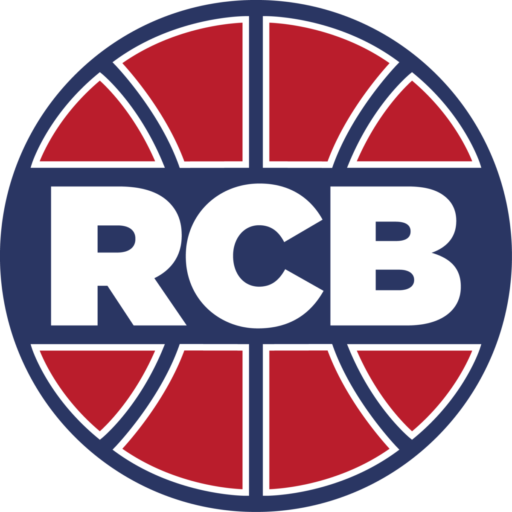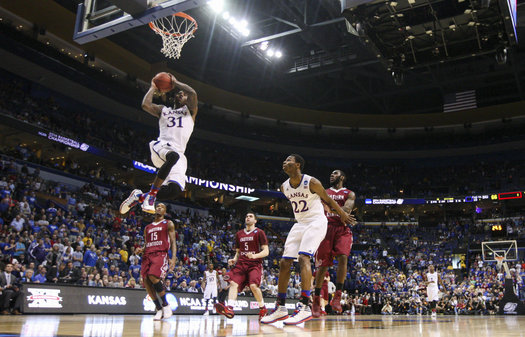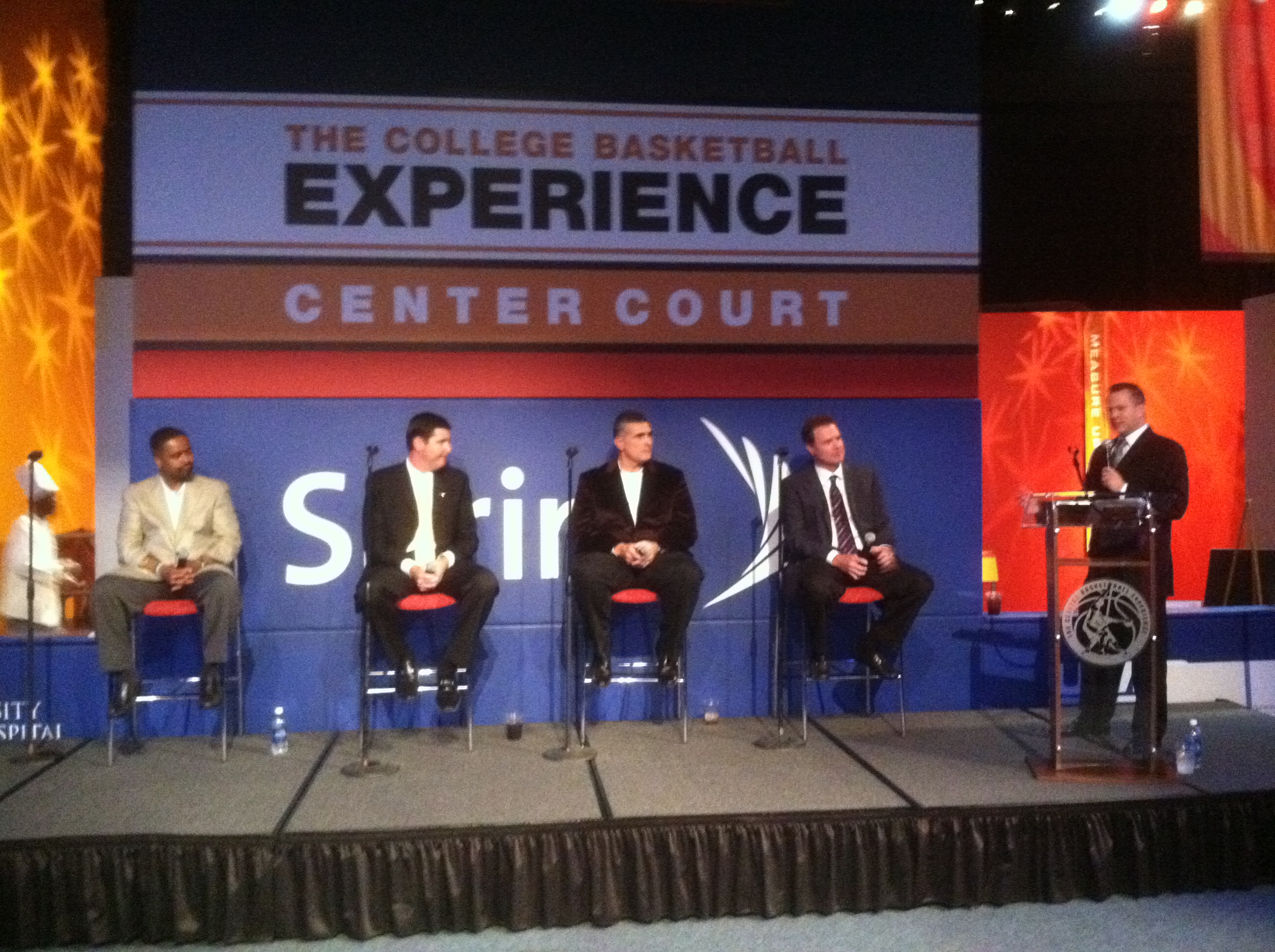Explaining KU’s Response to its Notice of Allegations
KU released its official response to the Notice of Allegations it received from the NCAA regarding alleged infractions within the men’s basketball and football programs Thursday afternoon. It was a thorough response broken up into reactions from the University of Kansas, Bill Self, and Kurtis Townsend, totaling around 300 pages. I spent Thursday evening combing through each section to try make sense of it all.
Off the top, it’s worth noting that this will only cover the basketball allegations, as KU admits that all the violations regarding football were valid and, in fact, self-reported.
As expected, the response was seriously lengthy and more than a little complicated in some spots. I’ll admit that I didn’t read every single page of the University’s response (which was about 150 pages) and primarily focused on Self’s response to the allegations.
The response basically claims a few things: Adidas should not be considered a booster, and while monetary transactions did occur, no one on the KU basketball staff knew of the payments. Likewise, the response challenges the idea that KU and Self didn’t report violations when they should have.
A lot of the response focuses in on the fact that KU disagrees with the NCAA labeling Adidas a booster. They disagree that Adidas was acting in the interest of the university when it made monetary payments (thus making them “boosters” according to NCAA legislation) because KU didn’t even know payments were being made. The University argues that the NCAA is misapplying its rules about what makes an organization a booster, implying that Adidas, just like all shoe companies, work to gain relationships with top athletes in hopes of future sponsorships, and this is something the NCAA knows happens and has allowed to happen for years. The response claims this is what most of the conversations between KU basketball staff and former Adidas representatives pertain to, not basketball staff directly asking for Adidas’ help recruiting players to the university. Likewise, the University says that the NCAA is creating a “novel” definition of what a booster is in this case, and that this definition is faulty because it’s impossible for a University to keep tabs on every single employee of a shoe company. It would also mean that all the other shoe companies should be considered boosters for all of the school’s they represent. Finally, the response argues that the NCAA is wrong in asserting that Adidas was acting in the universities interests because that’s not the nature of relationships between shoe companies and universities. Rather, shoe companies pay universities to promote the shoe companies, not the other way around.
The response argues that if all this is true and Adidas was not a booster, then the allegations largely fall apart and have no merit. But the NCAA also alleges that former coach Larry Brown was acting as a booster in the recruitment of De Sousa, and the response finds this almost laughable. The response explains Brown hasn’t directly been a part of the program for years and lists communications that show that Brown gives advice about lots of people he has worked with who are at lots of different universities. The response also lists communications with (presumably) De Sousa in which De Sousa says that Brown was not trying to recruit him in any way, instead just giving him practical advice.
As for the infamous text messages between Self & Townsend and Adidas representatives, the response largely says these were standard communications that any basketball staff would have with shoe company representatives. With regard to the “We good?” text message conversation Self had, the response argues that Self was referring to Gassnola attempting to get used gear for a team in Angola, a request that the response says is in no way a violation. As for the texts about Townsend’s recruitment of Zion Williamson in which an Adidas representative appeared to list demands Zion’s parents made in order for Zion to attend a university and Townsend appearing to say he would find a way to make it happen, the response argues that Townsend was referring only to valid ways in which a recruit can get money (such as through the university’s stipend or working basketball camps). Essentially it’s saying that the NCAA can’t prove Townsend was implying illegal benefits.
As for the lack of institutional control charge, the response details all the ways Self and the university work to comply with and educate themselves on NCAA rules. It also notes that this is the first time Self has been charged with a major violation throughout his many years of coaching.
Obviously, this is a very brief overview of the response, and I encourage people to go read it for themselves if they have the time. There is so much more that I didn’t touch on for the sake of length of this article.
So will it work? Will this defense save KU? I’m not totally sure. The overall tone of the response is quite noticeably aggressive and harsh. It really thrashes the NCAA enforcement staff for not getting the whole truth, making up new definitions, and even goes so far as to say that the staff broke its own bylaws and prejudged the outcome of the investigation. It mocks the enforcement staff for jumping to conclusions prematurely. I do think KU makes some good points about why Adidas shouldn’t be considered a booster, but there are other arguments that I don’t think are as strong. And if it doesn’t work, KU is going to be public enemy #1 from the NCAA’s viewpoint. We won’t know how the NCAA will respond to all this until the end of this summer most likely, but in the meantime I would keep an eye on what the NCAA does with NC State, as they are in a similar position as KU in terms of Adidas representatives making payments to the university, and they are farther ahead in the process than KU. That result may give us an indication of how things will go for KU.






577 thoughts on “Explaining KU’s Response to its Notice of Allegations”